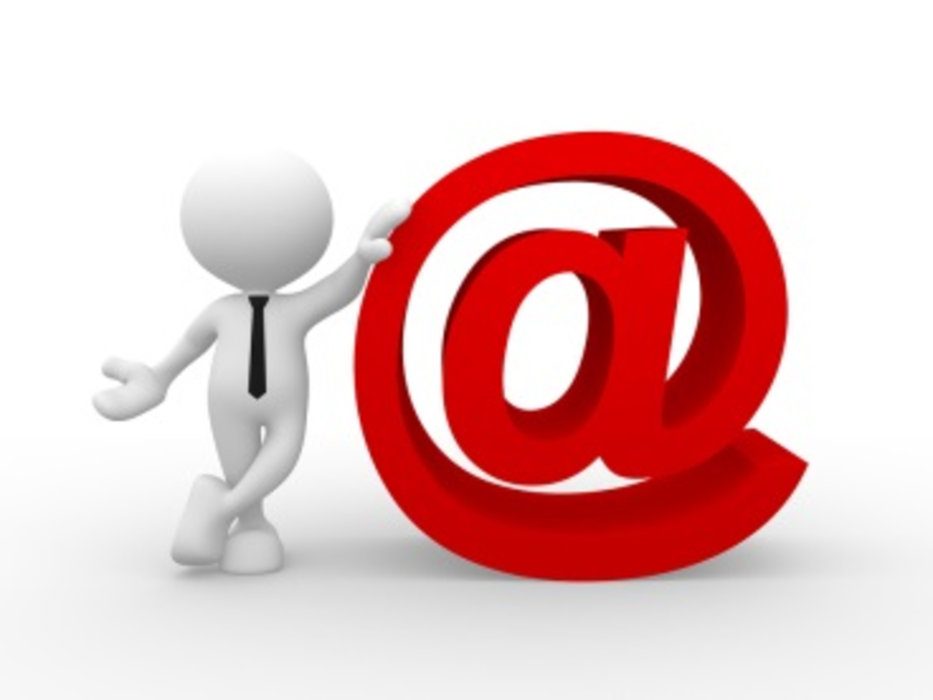Customer loyalty is all about attracting the right consumers, with the right message, and then of course keeping those customers coming back for more. Arguably, email subscribers can be some of the most loyal customers for brand marketers. “Email helps build loyalty [among customers] because it can be crafted,” says Christopher Lester, director of concierge at Emma. “Each [marketing channel] has a lot of strength. But loyalty and longevity are the two strong points of email [subscribers].” Lester along with Silverpop’s VP of marketing communications, Dave Faupel, list four attributes that make email subscribers loyal—and attractive—to brands.
Personal
If done right, email can be one of the most personal forms of communication. Marketers can—and should—leverage intimate, one-to-one email messaging to boost customer loyalty. Lester says that in the best cases, email subscribers elect to receive marketing messages and indicate they want to be in relationships with brands: “Email is that place where you’ve now met the person; you’re friends, and you know a little bit more about each other, and [customers] are willing to share.” Lester says it’s that relationship that drives loyalty for a brand: “Email subscribers: those are the people that have moved into our inner circle and are now friends.”
Engaged
When subscribers engage with email messages, marketers can then reward customers for their actions through loyalty programs and other incentives. “In this case, marketers are sending messages because they actually know [the customer] through their engagement, and can keep them coming back,” Faupel says. Simple clicks, opens, forwards, and other actions let marketers know what’s important to subscribers—and what’s not. Faupel says ultimately these behaviors guide brand marketers to tailor messages and eventually increase loyalty.
Identifiable
Over time, marketers should get to know the customers behind the email addresses to make relevant successful campaigns. Faupel says email subscribers can be some of the most loyal customers because marketers are able to identify them—even before consumers volunteer email addresses: “Marketers may not even be able to get an email address every time. But if they’re able to identify [a website shopper], you can start the relationship there and create loyalty by delivering relevant messages.” He says those messages often coax customers to volunteer email addresses and other personal information.
Measurable
With email metrics comes the ability for marketers to respond, change, and innovate—all of which can lead to customer loyalty. “The fact that email is measurable creates loyalty,” Lester says. “Because it’s measurable you can tell how engaged [an email subscriber] is. Then marketers can easily change the trajectory of [subscribers’] experiences accordingly.” Lester says strategies such as re-engagement email campaigns and abandoned cart emails can spark loyalty and are rooted in email metrics that in fact reveal lack of engagement: “That measurable aspect of response data allows [marketers] to be really smart with email subscribers. Measurement is powerful in email [marketing].”








